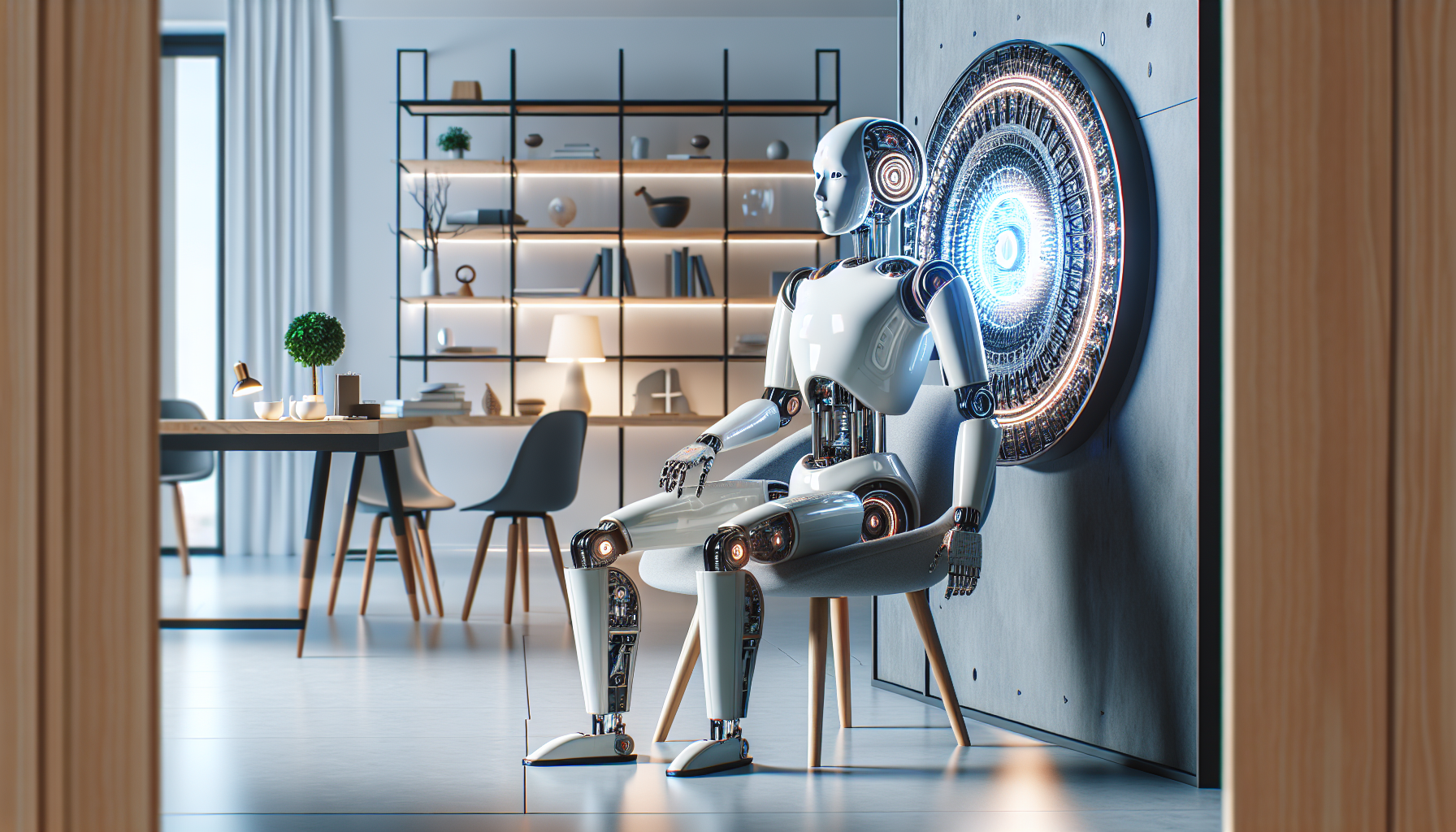
AI in Aviation: Elevating Safety and Efficiency for the Skies of Tomorrow
October 16, 2025
When we talk about artificial intelligence (AI) in the aviation sector, we're not merely discussing a technological evolution but a revolutionary leap into a future where safety and efficiency are not just goals but attainable realities. Imagine a world where AI-powered systems predict mechanical failures before they occur or optimize flight paths in real-time to conserve fuel and reduce environmental impact. This is not science fiction; it's the unfolding story of AI in aviation.
Pilots have always been the heroes of our skies, navigating aircraft through turbulent weather and complex air traffic. Yet, AI is now emerging as a co-pilot, enhancing their capabilities and extending the boundaries of what is possible. Take, for example, AI's role in predictive maintenance. Traditional maintenance schedules, while effective, are often based on fixed intervals rather than actual component wear and tear. AI, however, analyzes vast amounts of data from aircraft sensors and can predict when a part is likely to fail, allowing for timely maintenance that prevents costly and potentially dangerous breakdowns. This shift from reactive to proactive maintenance not only increases safety but also optimizes aircraft availability, significantly reducing operational costs.
Flight efficiency is another area where AI is making a remarkable impact. By leveraging machine learning algorithms, AI systems can analyze weather patterns, air traffic, and aircraft performance to suggest optimal flight paths. This capability can lead to substantial fuel savings and reduced carbon emissions—a critical advantage in an industry under pressure to become more environmentally sustainable. Airlines adopting these AI-driven solutions are not just cutting costs; they are also championing a greener future for air travel.
Let's not forget about the passenger experience. AI is transforming how airlines interact with customers, from personalized recommendations for flights and destinations to real-time updates on flight status and gate changes. AI-driven systems can predict delays and automatically rebook passengers, minimizing travel disruptions. This level of service not only enhances customer satisfaction but also builds brand loyalty, setting airlines apart in a highly competitive market.
Another inspiring application of AI in aviation is in safety management systems. AI can analyze data from countless flights to identify patterns that might indicate potential safety issues. By doing so, it helps in formulating preventative strategies before incidents occur. This proactive approach to safety is reshaping risk management protocols, ensuring that airlines can maintain the highest safety standards.
AI's potential extends even further into the realm of autonomous flight. While fully autonomous commercial airliners may still be on the horizon, AI is already playing a significant role in drone technology. Drones equipped with AI systems are transforming cargo delivery, especially in remote or difficult-to-access areas. This capability is not only streamlining logistics and supply chains but is also proving invaluable in humanitarian efforts, delivering medical supplies and aid where it is most needed.
It's worth noting that the integration of AI in aviation raises important questions about skills and jobs. As AI takes on more complex tasks, the role of human workers in aviation is evolving. Pilots, engineers, and air traffic controllers are increasingly finding themselves working alongside AI, and this collaboration is fostering a new era of aviation expertise. Training programs are adapting to equip professionals with the skills needed to harness AI's potential, ensuring that the workforce remains at the forefront of technological innovation.
The journey of AI in aviation is a testament to the power of technology to transform industries for the better. It's a story of human ingenuity and the relentless pursuit of improvement. As we look to the skies, we see not just machines but the embodiment of our collective dreams for safer, more efficient, and more sustainable air travel.
As AI continues to soar in the aviation industry, one can't help but wonder: How might these advancements redefine our relationship with air travel and shape the future of global connectivity? This is a question that invites us to envision the possibilities and challenges that lie ahead, as we navigate the skies of tomorrow with AI as our guide.


